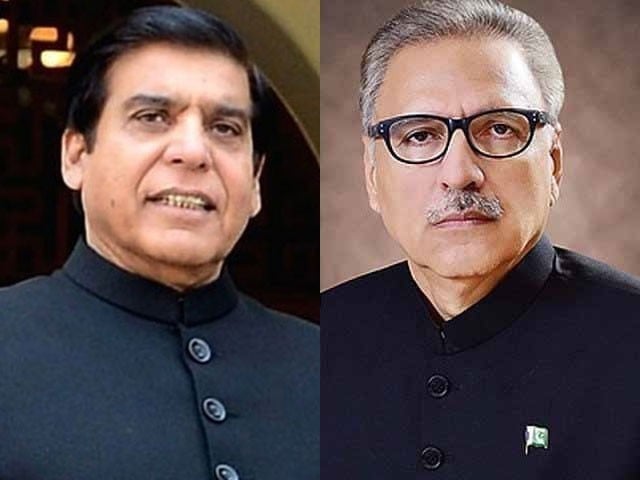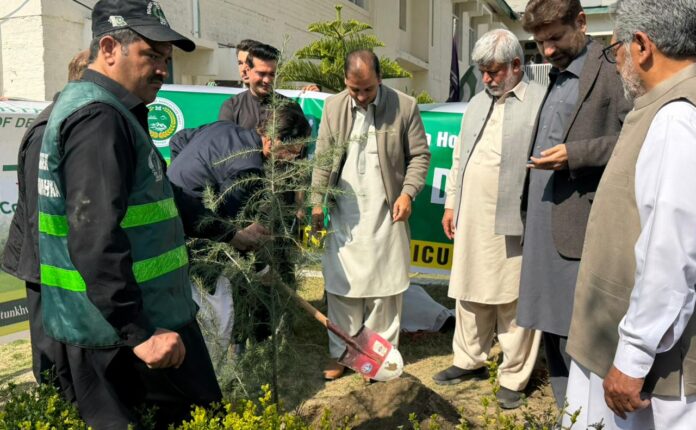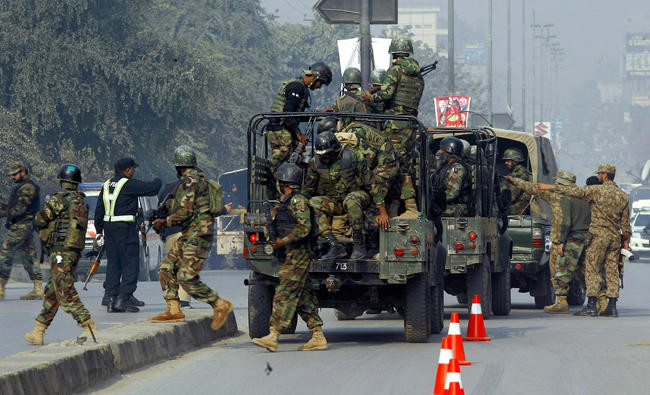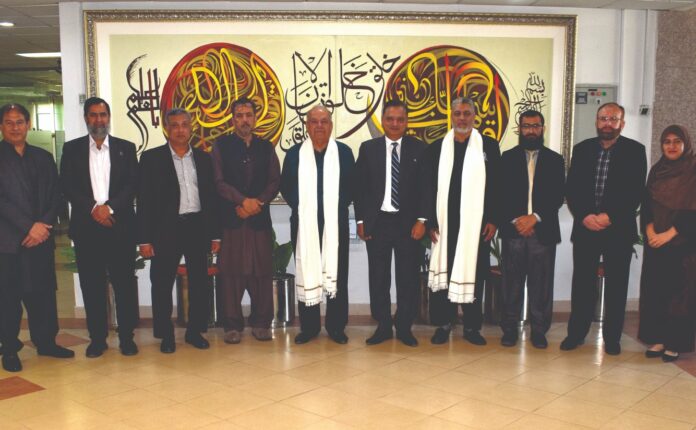President Dr. Arif Alvi again took a defiant stance on Monday when he returned the caretaker government’s brief to convene a constituent session of the National Assembly, prompting Speaker Raja Pervaiz Ashraf to convene the first session of the lower house of parliament on February 29.
Alvi, whose presidency is coming to an end in a few weeks, stressed that he would approve the summary only if the issue of reserved seats for women and minorities was resolved and distributed among the parties as required by law.
Soon after the President returned the summary, the Speaker of the National Assembly reportedly convened a constituent session for February 29. On that day, the newly elected legislators were sworn in to mark the beginning of the assembly’s term.
According to Article 91(2) of the Constitution, the National Assembly “shall meet on the 21st day after the day of the general election to the Assembly, unless called earlier” by the President.
Since Alvi returned the summary, as confirmed by Bureau officials, National Assembly officials said the speaker had no choice but to convene the session. However, a formal statement on convening the meeting has not yet been issued.
Renowned constitutional experts and those who closely follow the activities of the parliament have already clearly stated that the president was constitutionally obliged to convene a meeting of the council according to Article 91, paragraph 2, within 21 days of the day of the general election.
“He [the president] cannot deny the summary; he can’t leave it pending and he can’t return them as well as the PM’s advice because he is bound by Articles 48 and 91 of the Constitution [to act accordingly],” said Hafiz Ehsaan Ahmad Khokhar, a legal expert. . “The president cannot stop the session.”
He explained that the president cannot deviate from this constitutional provision and his executive duties, as the extraordinary regular session of the National Assembly does not depend on the discretion of the president or the prime minister.
Khokhar argued that the President has no mandate to delay matters defined in Article 75 of the Constitution on the President’s assent to bills. He said the Secretary of the National Assembly can initiate the convening of a session under Article 91(2) based on the President’s refusal.
On the day of the constituent meeting of the National Assembly, the schedule for the election of the new chairman will be published. It is assumed that the documents for the post of speaker and vice-chairman will be submitted on March 1 and the vote will take place on March 2.
After the election of the Speaker and Deputy Speaker, the nomination process for the election of the Prime Minister is likely to be scheduled for March 3, followed by the election of the Prime Minister in the National Assembly on March 4.
Once the new government takes the helm, the Election Commission of Pakistan (ECP) is expected to go to the polls for a new president on March 9 – just days before half of the senators complete their six-year terms and new senators are elected.
Pakistan Institute for Legislative Development and Transparency (Pildat) President Ahmed Bilal Mehboob said any vacancies in the National Assembly will not affect the presidential election schedule. “It will not affect the constitutionality of the presidential election,” Mehboob said.







